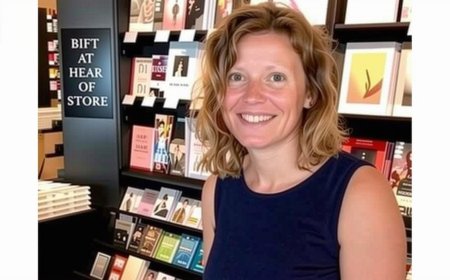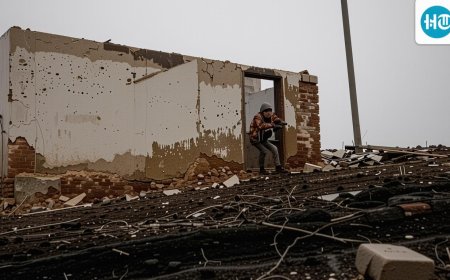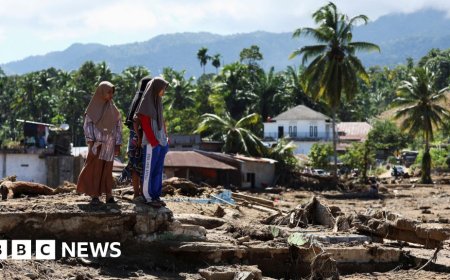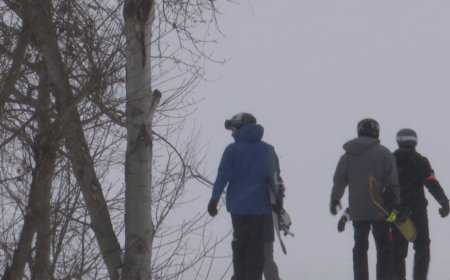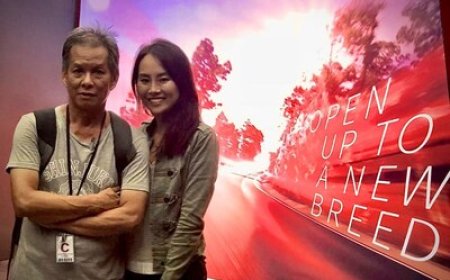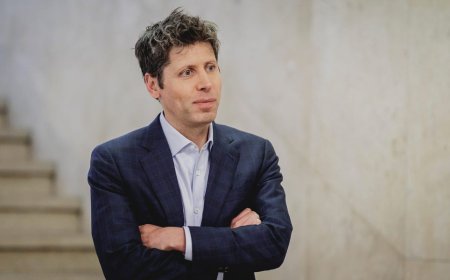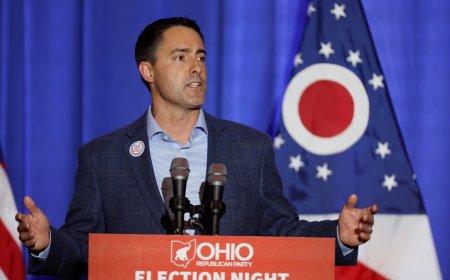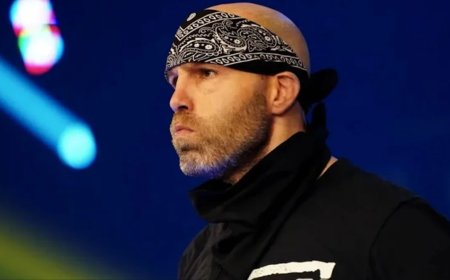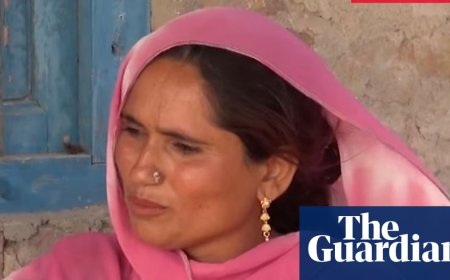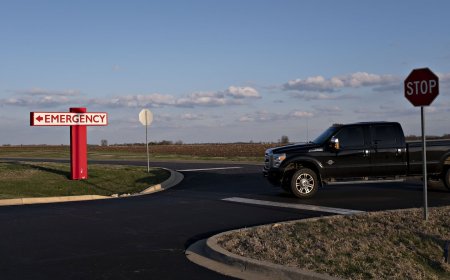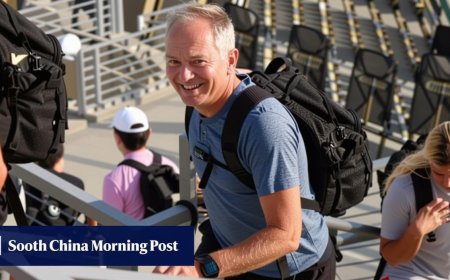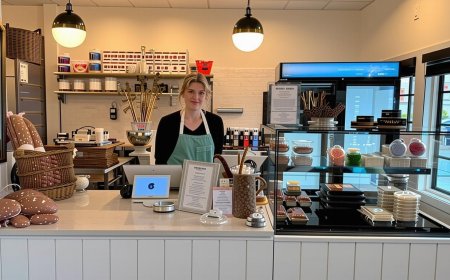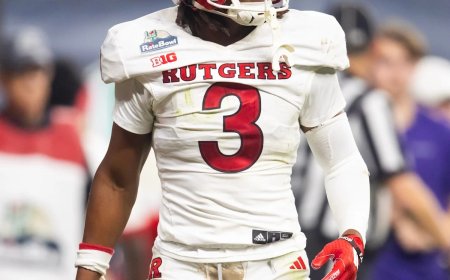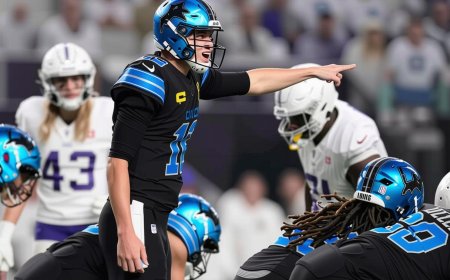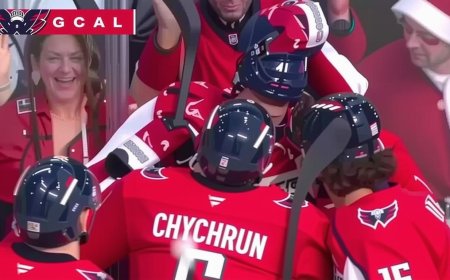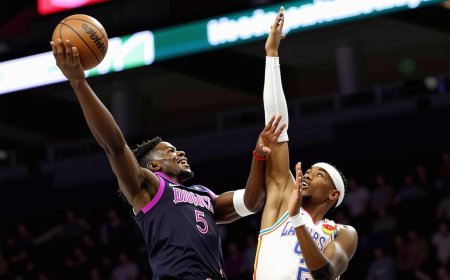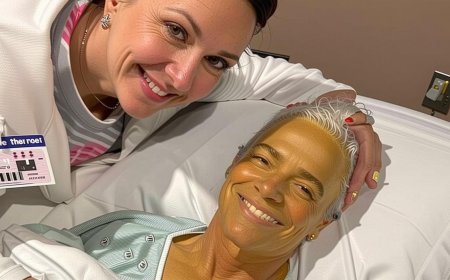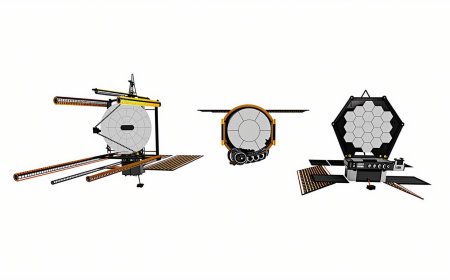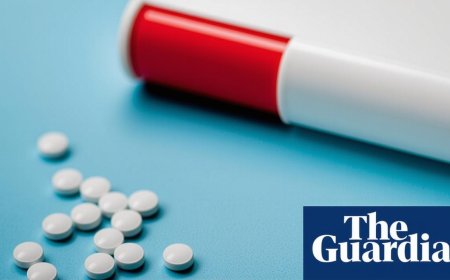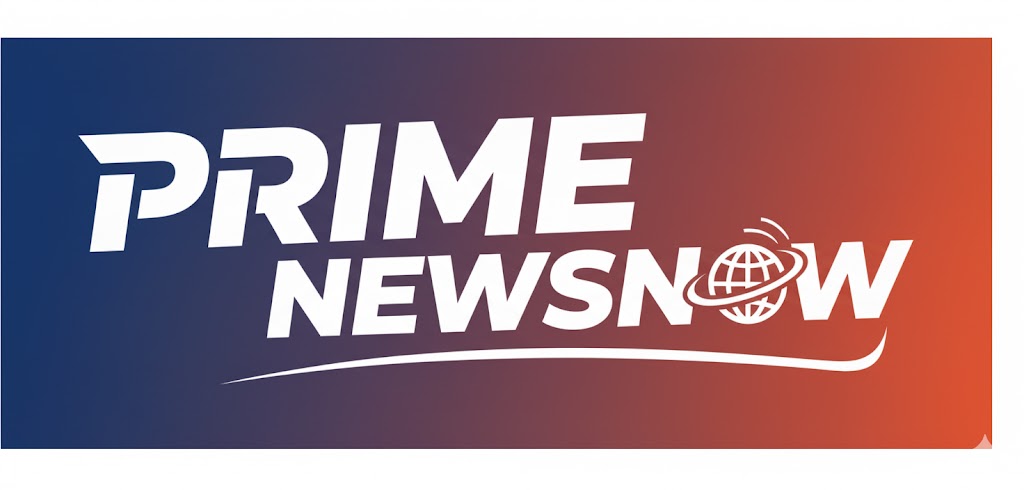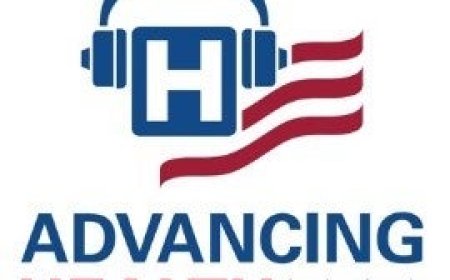Revolutionizing Public Health: University of Nevada Introduces Athletic Trainers to High Schools | PRIMENEWSNOW
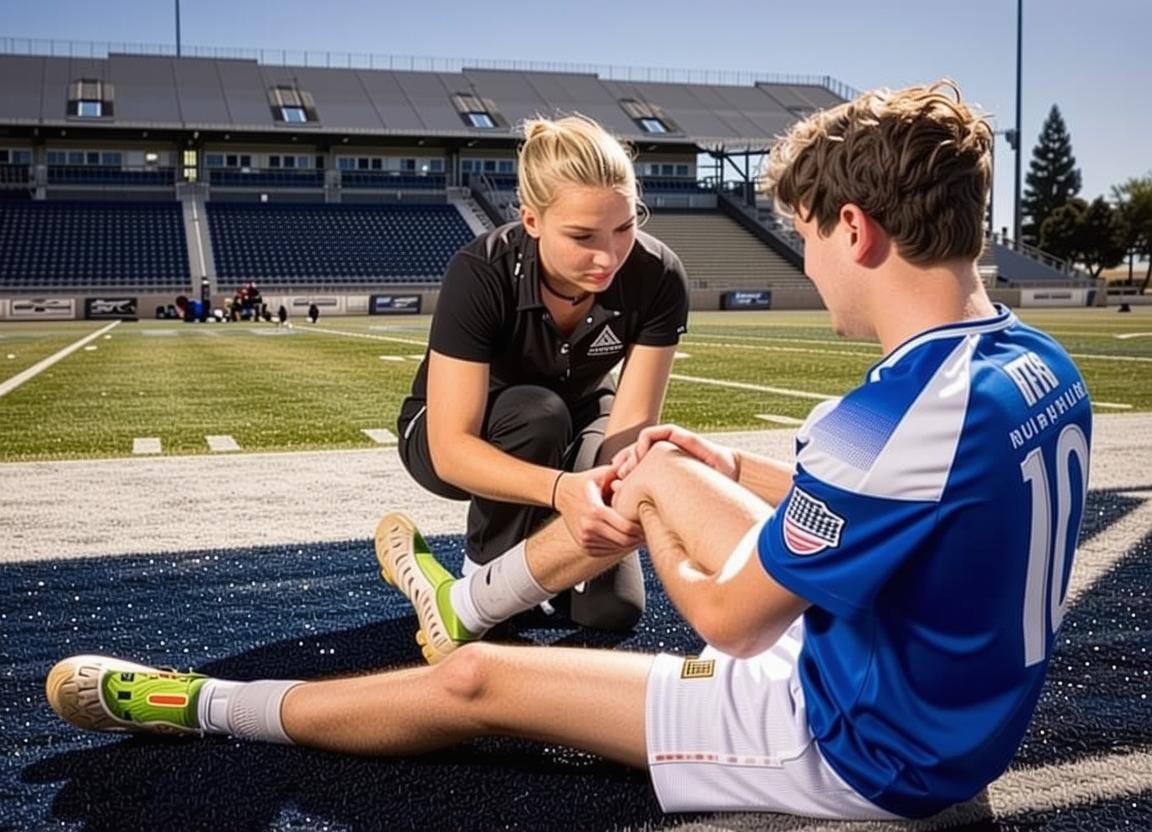

As a high school freshman, Nicholas Murray was on the brink of reaching the wrestling finals when his opponent twisted his foot, leading to a severe knee injury. This incident transformed his path from a promising varsity wrestler to months of recovery involving crutches and knee surgery for a torn meniscus and partial ligament tears.
Unfortunately, this was not the only setback for Murray, a dedicated multi-sport athlete involved in football, wrestling, and track throughout the year. Beyond common injuries like shin splints and sprains, he suffered a spinal injury during a football game, which temporarily paralyzed his lower body.
“We didn’t have athletic trainers on the sidelines,” Murray recalled. “I wasn’t properly cared for, and I’ve been dealing with the consequences ever since.”
These experiences motivated him to pursue kinesiology, focusing on injury prevention and public health. “I want to ensure future student-athletes don’t endure what I did,” he expressed.
Introducing the innovATE Initiative
With the return of fall sports, Murray is spearheading efforts to change this narrative as an associate professor at the School of Public Health and director of the kinesiology graduate program. Supported by the University of Connecticut’s Korey Stringer Institute’s innovATE project – “AT” standing for athletic trainer – the School of Public Health has placed a certified athletic trainer at Wooster High School to assist student-athletes. This initiative began this fall, with Neuromechanics Athletics Trainer Zoe Haddox ’21 (community health sciences) already making a difference on the field. As the project gains momentum, plans are underway to extend the program to other schools in Washoe County.
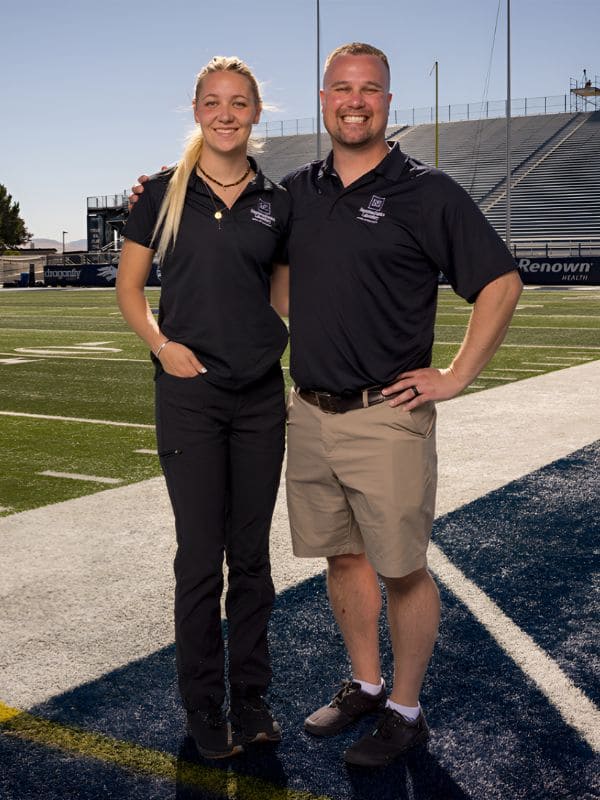
“This initiative goes beyond sports,” Murray, the project’s principal investigator, explained. “It’s about ensuring student-athletes remain healthy and active by having qualified medical professionals available to provide care, guidance, and support for them, their teammates, and families.”
The innovATE project allocates funds to underserved schools to employ athletic trainers, a crucial yet often missing component in student sports safety. Murray highlighted that while less than 1% of high school athletes advance to collegiate sports, millions participate in youth sports annually without dedicated medical support. Athletic trainers are trained to identify and manage concussions, fractures, and other serious injuries. They also oversee return-to-play and return-to-class decisions, monitor long-term recovery, and support overall student health.
Enhancing Athletic Training Access in High Schools
For Murray, who also leads the University of Nevada, Reno’s Neuromechanics Laboratory, this mission is deeply personal. “Every child deserves to play safely,” he stated. “We aim to initiate a broader movement that establishes full-time, salaried athletic trainers as a standard in every Nevada high school.”
Christianne Eason, president of sport safety and education at the Korey Stringer Institute, commended the University’s long-term vision and statewide impact. “The University of Nevada, Reno School of Public Health’s application impressed us with its sustainability plan. Dr. Murray is forging strong partnerships with local school districts and has a profound understanding of the community’s needs in northern Nevada.”
“By integrating athletic trainers into schools, we’re not only safeguarding young athletes but also investing in the health, safety, and potential of an entire generation. The innovATE project is expanding access to care where it’s most needed. It’s a powerful reminder that public health extends beyond academia into the everyday lives of our communities,” stated Dean of the School of Public Health Muge Akpinar-Elci.
Eason emphasized, “It’s more than just taping ankles. Athletic trainers prevent injuries before they occur, provide care and rehabilitation, and are ready to respond to emergencies. They serve as a vital link between students, coaches, parents, and the broader healthcare system.” In underserved areas, trainers often become the primary medical contact, not just for athletes but for entire families.
“This is the essence of public health,” Murray concluded. “It’s about meeting people where they are – on the field, on the court, and within the community.”
What's Your Reaction?
 Like
0
Like
0
 Dislike
0
Dislike
0
 Love
0
Love
0
 Funny
0
Funny
0
 Angry
0
Angry
0
 Sad
0
Sad
0
 Wow
0
Wow
0
